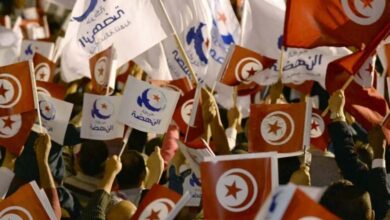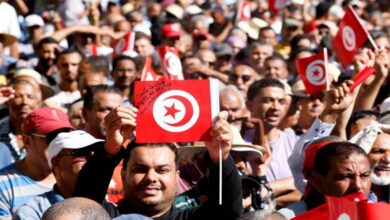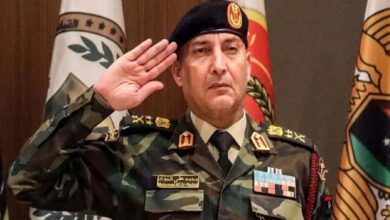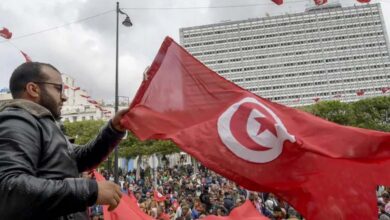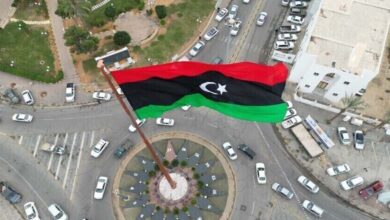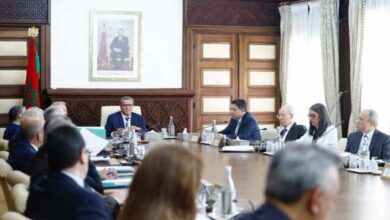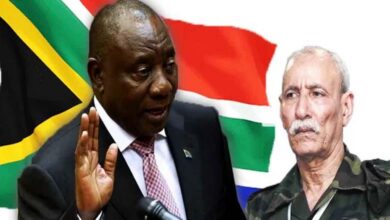The Non-Aligned Movement Triumphs for Realism as a Solution to End the Conflict in Moroccan Sahara
The stance of the heads of states and governments of the Non-Aligned Movement, supportive of UN resolutions, proves that Morocco's rights in its Moroccan Sahara are natural, logical, and intuitive, not favoring any party but rather facts and justice
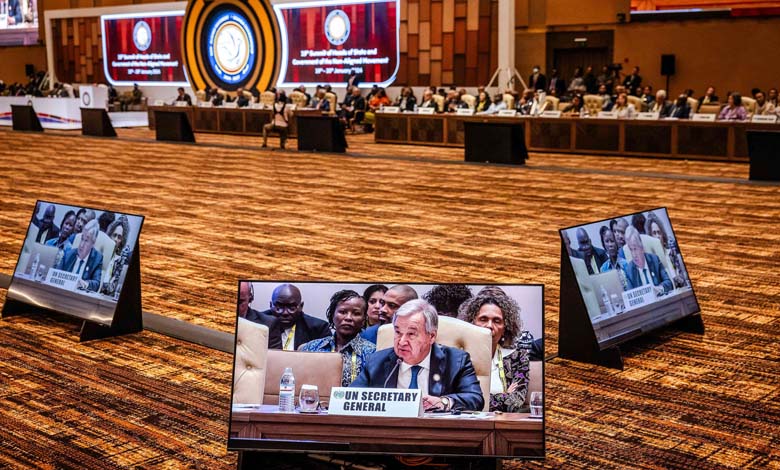
The 19th summit of the Non-Aligned Movement, held on Saturday in Kampala, concluded its proceedings by reiterating its support for the UN resolution on the regional conflict over Moroccan Sahara, aiming to achieve a “politically acceptable solution for all parties,” which contributed to the significant setback and fragmentation witnessed by the separatist camp in recent times. This recognition is of great importance as the movement adheres to a neutral position on conflicts, and by supporting UN resolutions, it confirms that Morocco’s rights in its Moroccan Sahara are natural, logical, and intuitive, not favoring any party but rather facts and justice.
The Non-Aligned Movement summit took place in a volatile global geopolitical context, with Morocco participating as a founding member, always considering these forums as priority platforms for genuine collective action to build a world dominated by democratic values, security, justice, solidarity, and peaceful conflict resolution.
International support for Morocco’s realistic and practical approach to end the fabricated conflict is growing, as diplomacy opposed to Morocco suffers consecutive defeats against the diplomatic successes achieved by Rabat in the file of its territorial unity. The recent period has been marked by the increasing international support for the autonomy plan and the growing international recognition of Morocco’s sovereignty over its southern provinces, with the number of consulates in the cities of Laayoune and Dakhla exceeding 30.
Heads of states and governments of the Non-Aligned Movement praised the “series of negotiations under the auspices of the United Nations and the commitment of the parties to continue showing political will and working in a conducive atmosphere for dialogue to enter a more intense phase of negotiations.”
The summit clarified that the goal also includes ensuring the implementation of the recent decisions issued by the United Nations Security Council, highlighting successively that Morocco’s initiative for autonomy is serious and credible. The Kampala summit applauded Morocco’s role in preserving and promoting peace at the UN level, especially in its capacity as the leader of the African Union’s Central African Republic, and as the coordinator of the Non-Aligned Movement‘s Working Group on UN Peacekeeping Operations.
The final document highlighted the importance and relevance of the decisions adopted by the International Security Council since 2007, including Resolution 2703 adopted on October 30, 2023, which emphasized that the final political solution must be “realistic, practical, permanent, and based on consensus.”
This resolution, which has established roundtables as the sole framework for the UN political process, clearly identified the parties in this process, urging them to continue their engagement until reaching a solution.
All resolutions of the Security Council since 2007, clearly listed in the final document of the Kampala summit, prioritize Morocco’s autonomy initiative as a credible and realistic basis for the political process.
The final declaration called on all parties to fully cooperate with the UN Secretary-General and his Personal Envoy to Moroccan Sahara, noting their continued engagement in the political process under the auspices of the United Nations.
Thus, the final document of the Kampala summit reinforces Morocco’s position by affirming the Non-Aligned Movement‘s commitment to reaching a political solution based on consensus and realism.
The Non-Aligned Movement also supported and encouraged Moroccan national and regional initiatives related to human development, sustainable development, as well as efforts against corruption, migration issues, and climate change. The Kampala declaration praised Morocco’s leading role in facilitating the UN process to support the prevention, preparedness, and response to pandemics.
In the final announcement adopted by the heads of states and governments, the Non-Aligned Movement acknowledged the political and humanitarian initiatives undertaken by Morocco under the leadership of King Mohammed VI to preserve the legitimate interests and demands of the Palestinian people.
It emphasized the role played by the Bayt Mal Al-Quds Asharif Agency, considering it the executive arm of the committee, in maintaining the legal status of the holy city and its identity, as well as protecting places of worship.
Morocco has successfully utilized soft power optimally and is now reaping the benefits, focusing on penetrating many countries in the African continent by relying on religion, culture, art, sports, economy, politics, and humanitarian aid—all these areas are considered the pillars of states.
The Moroccan Sahara issue has witnessed positive developments recently, which are in favor of Morocco. Rabat has solidified its diplomatic success in handling this issue and shifting the balance of power in its favor while preserving its political gains in this regard.
After the successes of Moroccan diplomacy, it is expected that Rabat will continue, in the coming months, to target supporters of separatism to turn their positions in its favor, similar to what happened with Spain, the United States, and other countries. The only scenario it adopts in this matter is to continue consolidating gains in the face of the inability of other parties to develop their positions.”





